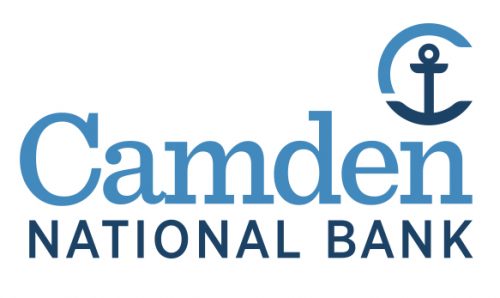
Little-known mortgage could make homebuying more affordable
By Lori Valigra, Bangor Daily News Staff
A type of loan that gives homebuyers a lower initial interest rate is coming back into fashion as lenders try to make home ownership more affordable in the midst of high interest rates.
Known as a mortgage buydown, the loan typically involves a cash payment from the seller that effectively lowers the borrower’s mortgage interest rate for a limited time, usually two to three years, before it returns to the full rate. The seller gets the money back as the monthly mortgage is paid. It could give buyers struggling with high housing prices and inflation on groceries and other goods temporary breathing room in their monthly expenses.
Lenders are offering the buyback loans at a time when demand for mortgages is way down because of high interest rates. The average interest rate on a conventional 30-year fixed mortgage declined to 6.61 percent for the week that ended on Nov. 17, down from 7.08 percent the week before. But it is still double the average rate of 3.1 percent one year ago.
That has led to a drop in mortgage requests. Nationwide, new residential mortgages during the third quarter were down 19 percent compared with the second quarter and down 47 percent compared with the third quarter last year, according to real estate information group ATTOM Data Solutions. It marked the sixth quarterly decrease in a row.
Camden National Bank, one of Maine’s largest banks, is seeing a 50 percent to 70 percent drop in new home loans compared with peak activity, according to Renee Smyth, the bank’s chief experience and marketing officer.
The bank is in the process of adding buydown loans to its mortgage loan offerings.
“It’s a benefit to the buyer, as it helps the homeowner ease into mortgage payments,” she said. “The opportunity is for the homeowner to refinance their mortgage in two to three years, if interest rates click down.”
With a buydown loan, a borrower who wants a $400,000 mortgage at 7 percent for 30 years would pay 5 percent the first year, or $2,147 per month, for example. That is $514 monthly savings, or more than $6,100 for that year.
In the second year, the interest rate would rise to 6 percent and the monthly payment would be $2,398, a savings of $263 per month and $3,156 for the year. In the third year, the rate would revert to the original amount of 7 percent, or $2,661 per month, for the remainder of the loan, giving it a fixed cap.
The savings for the borrower come out of the seller’s buyback money, which is set aside in an escrow account. Cynthia Veroneau, sales manager at Caliber Home Loans in Portland, said a seller might be willing to front the money to create more buzz around their home sale, particularly if it is selling slowly. The money also could be used to pay closing costs.
It will make a big difference to one first-time homebuyer, said Jennifer Tabb, associate broker at Portside Real Estate Group in Portland. Her client has not been able to close the purchase of her newly constructed condominium in Westbrook because the utility company is delayed on installing an electric supply to it. In the meantime, the lock-in rate on her loan expired, and interest rates are about 2 percentage points higher now.
“It was supposed to close at the end of August, but the utility hasn’t completed its installation of electricity,” Tabb said.
The client’s original 30-year loan was locked in at 5.625 percent, but when that expired in October, mortgage rates had already risen to 7.625 percent. The client, who also had to leave her apartment because the building was sold, has had to pay for short-term housing and storage of her belongings, adding unexpected expenses.
The electricity still isn’t installed. When she is able to close on the condominium, the mortgage buydown loan will help her rebuild her savings and pay down debt, Veroneau said. Caliber will provide the buydown loan at an as-yet-unspecified rate.
Even though buyback loans are short term, they provide more predictability about loan rates than adjustable rate mortgages, which also made a comeback when mortgage loan rates began rising earlier this year, said Craig Mathieson, loan officer at Guild Mortgage in Falmouth.
Adjustable-rate mortgages offer lower initial rates and are running about 1 percentage point lower than current fixed rates. They have been attracting mortgage applicants who could potentially borrow more money because of the lower rate and qualify for a previously unaffordable home. At the end of their term, however, the rate is not known and potentially could rise substantially.
“Compared to an adjustable rate mortgage, you have caps on the rate increases,” Mathieson said. “A buydown offers more predictability.”